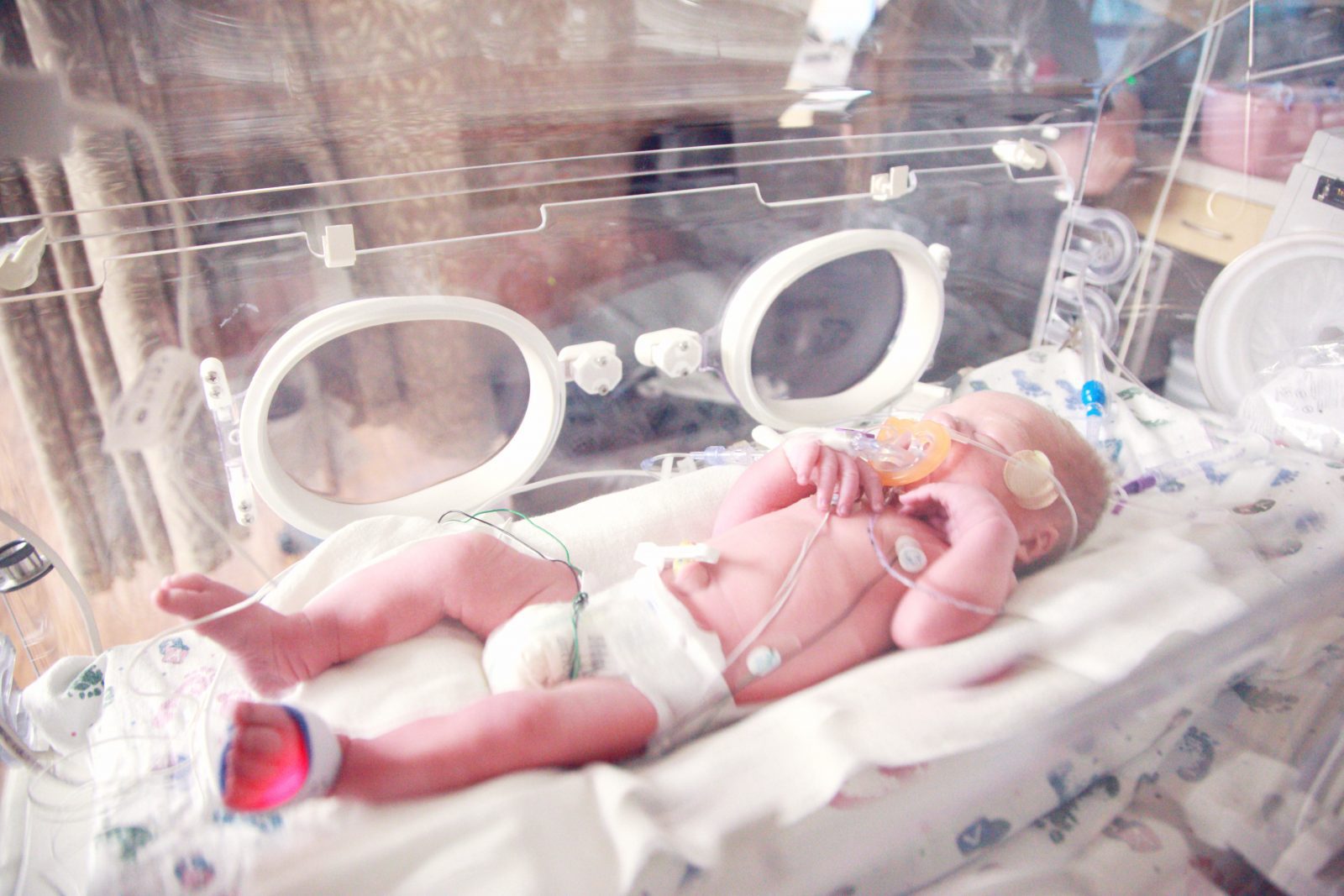Bringing Awareness to Prematurity

by Dr. Marcel Thompson
Many people in Texarkana may not know that November is prematurity awareness month, but chances are most people know of someone who has had a child born prematurely. This month brings awareness to the seriousness and the profound effect that prematurity can have on families and the community.
Prematurity is defined as an infant who is born between 20 weeks and 36 weeks of a woman’s pregnancy. Infants who are born prematurely are at an increased risk for various short and long-term complications depending on the age at which they were born. Although some babies born prematurely have little to no long-term complications, there are some who have lifelong consequences such as cerebral palsy, breathing problems, hearing, vision or developmental delays.
Prematurity affects 1 in 8 babies born in the United States and is the leading cause of death during the first month of life. In Texas, alone of the 7,839 babies born each week, approximately 1,067 of those babies are premature. This means that about 1 in 7 babies are born prematurely. The economic health cost to an employer on average from birth through the first year of life of a premature infant is about $49,033 – almost 11 times higher than a full-term baby (born at or near 39 weeks) which costs $4,551.
Parents of premature infants are faced with the joy of having their baby but also having to manage the extreme emotional, financial, and familial challenges that come with having their baby earlier than expected. At times these challenges can be overwhelming. Imagine the added stress of having to travel several hours just to see your infant in the Neonate Intensive Care Unit (NICU).
This can be physically and emotionally exhausting and quite expensive. Prior to the NICU’s being opened at Wadley Regional Medical Center and CHRISTUS St. Michael’s, all premature infants were transferred to NICU facilities either in Little Rock, Arkansas or Dallas, Texas. Now that Wadley and CHRISTUS St. Michael’s hospitals both have NICUs, they can accommodate treating Texarkana’s youngest and most vulnerable patients right here at home.
The advantage of having these facilities here allows the families to be closer to their newborn infants at a very emotional and stressful time. By becoming aware, involved, and engaged as a community we can hopefully decrease the rate of prematurity that has increased nearly 20 percent since 1990.
Awareness is educating young mothers and mothers who have had a previous premature infant of the early signs and symptoms of premature labor. Symptoms such as: increasing and reoccurring low back pain; pelvic pain (contractions) every 10 minutes; “water breaking” (early rupture of membranes); bleeding, and /or cramping could be signs of premature labor.
The most important aspect of preventing premature labor is early prenatal care. Mothers who seek and attend early prenatal care can significantly reduce their chances of delivering a premature infant. Participating in organizations such as the March of Dimes, which promote advocacy, programs, and fundraising in decreasing prematurity can help our community to fight against prematurity and give every infant a chance to have a healthy start. Learn more about the March of Dimes.









